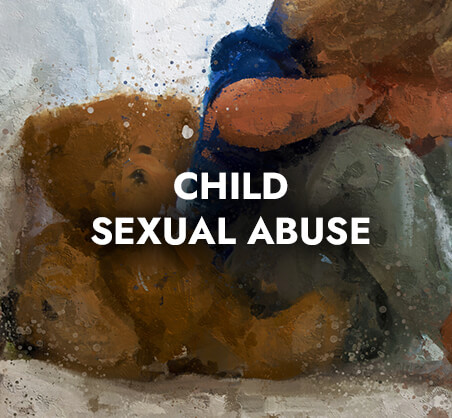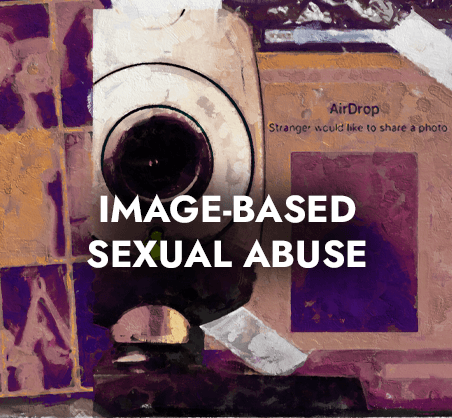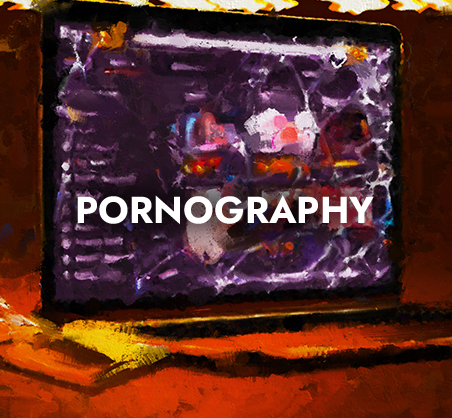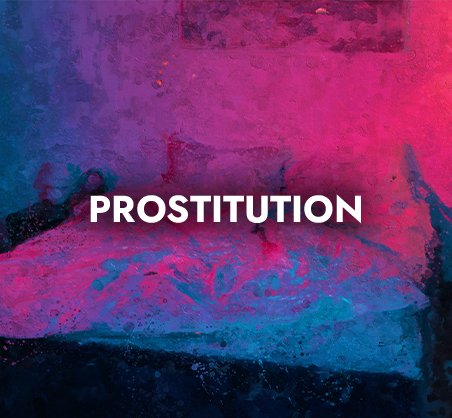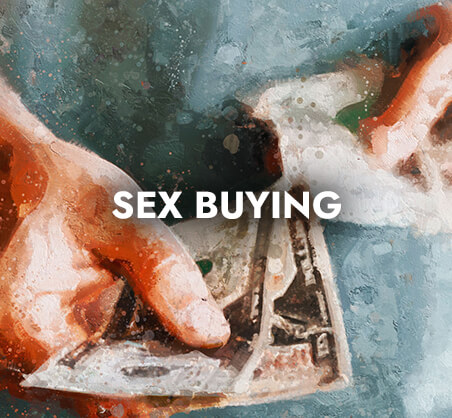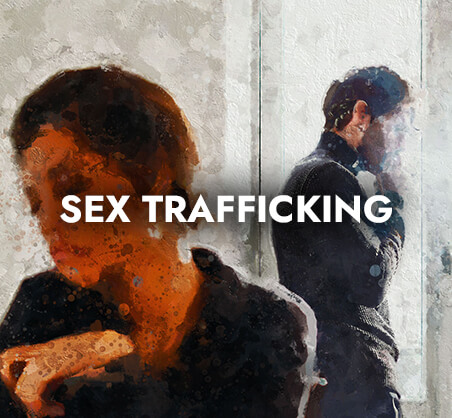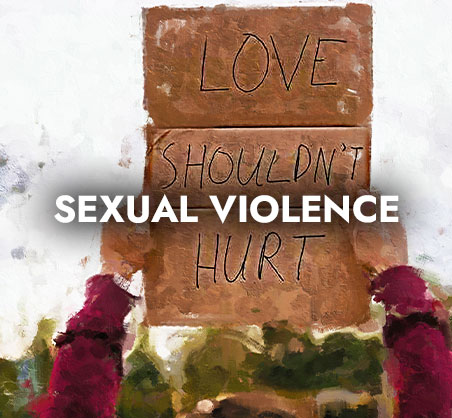Issues
The Issues We Cover
We believe in a world free from sexual abuse and exploitation, so we work every day to build that world.
Sexual abuse and exploitation of all kinds are pernicious, interconnected problems that harm people from all walks of life—especially the vulnerable and marginalized in our societies. Because forms of sexual harm overlap, reinforce, and fuel one another, the movement to end sexual abuse and exploitation must be holistic in its approach to be successful. It is also crucial to combat the roots of sexual abuse and exploitation so that we prevent the factors that give rise to and sustain these problems, rather than only addressing their symptoms.
For these reasons, we at the National Center on Sexual Exploitation are dedicated to 1) comprehensively addressing all forms of sexual abuse and exploitation, 2) exposing, combating, and preventing every system that allows sexual abuse and exploitation to survive, and 3) seeking the healing and wellbeing of survivors. By utilizing research, litigation, legislative and corporate advocacy, as well as coalescing the global Coalition to End Sexual Exploitation, the National Center on Sexual Exploitation (NCOSE) has distinguished itself as the global leader in the fight for a world free from sexual abuse and exploitation.
There is not one generally agreed upon definition of child sexual abuse. Broadly speaking, the term “child sexual abuse” encompasses a wide spectrum of sexual acts enacted on people below eighteen years of age.
Sex acts between adults and children constitute child sexual abuse because it is recognized that children, due to their developmental limitations, do not have capacity to give consent.
Image-based sexual abuse (IBSA) is a broad term that includes a wide range of harmful experiences involving the weaponization of sexually explicit or sexualized images.
IBSA involves the creating, threatening to share, sharing, or using of recordings (still images or videos) of sexually explicit or sexualized materials without the consent of the person depicted and/or for purposes of exploitation.
The Internet and other technological advances have made pornography more accessible than ever before. This means that for many people, pornography is only seconds away anytime, anywhere. This, combined with Internet pornography’s affordability and anonymity has unleashed online sexual consumerism, supplied endless sexual novelty, and created an ethos of instant sexual gratification. As a result, pornography use, even among children, is more prevalent and normalized than at any time in human history.
Prostitution is commonly defined as the exchange of sexual conduct for money or other things of value (such as food or shelter).
Those profiting from prostitution present it as harmless, much like any other commercial transaction, but the reality for people in prostitution is far darker. Coercion, force, fraud, and deeply rooted social injustices are necessary to make prostitution possible. In contrast to how it is presented in mainstream media, prostitution typically involves payment for unwanted and degrading sex acts, and is not like other work in which one is paid for their time and effort.
Purchasing sex is ultimately an act of sexual entitlement—just like so many other forms of sexual exploitation. Reams of studies recognize the pervasive violence found in prostitution, across prostitution types and locations—whether one is a male or a female, whether one is prostituting in America or a third world country, indoors or outdoors, for drugs or to pay the rent, on a street corner, in a car, back alley, brothel, massage parlor, or strip club—both the threat of, as well as actual violence, permeate everyday existence in prostitution.
Sex trafficking, a subcategory of human trafficking, involves the exploitation of people in the commercial sex industry (i.e., prostitution marketplaces) where victims are expected to provide commercial sex acts on demand. Commercial sex acts are any sex acts on account of which anything of value (e.g., money, clothes, shelter, food, drugs, etc.) is given to or received by any person.
Sexual violence is a broad term used to encompass attempted and actual experiences of rape, sexual coercion, assault, harassment, and abuse committed by any person regardless of their relationship to the victim. Tragically, countless individuals of all ages, demographics, and backgrounds have experienced sexual violence in some form. The pervasiveness of sexual violence, particularly targeted against women, is a blight on our society and a serious public health concern requiring a holistic approach to solve.


